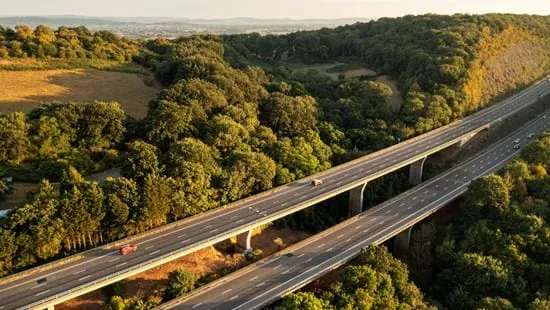In the UK a leading consultancy, WSP, is calling for close scrutiny of Census data and traffic trends. This move forms part of the UK Government’s Transport Select Committee investigation into the country’s strategic road network (SRN). According to WSP more must be done to investigate and take account of new trends in development, demographics and travel patterns when making decisions on future infrastructure provision. It claims that there is evidence in some areas that car journeys have been stagnating o
November 8, 2013
Read time: 2 mins
In the UK a leading consultancy, 2782 WSP, is calling for close scrutiny of Census data and traffic trends. This move forms part of the UK Government’s Transport Select Committee investigation into the country’s strategic road network (SRN). According to WSP more must be done to investigate and take account of new trends in development, demographics and travel patterns when making decisions on future infrastructure provision. It claims that there is evidence in some areas that car journeys have been stagnating or declining since 2004, which is believed by many to herald a peak car scenario. Equally, there are examples of traffic levels rising in other areas. Notably, many areas of UK capital London and the South East of England have seen traffic flows fall in the last 10 years. However, the precise causes and implications of these changing trends remain the subject of on-going debate.
WSP has said that forecasting transport demand is a complex business. Based on recent evidence, it seems that in some areas there is a risk over-estimating demand, but in others it may be under-estimated. Given the importance, financial scale and long term nature of infrastructure investment it is important that forecasting is refined so as to deliver the right infrastructure in the right places.
WSP has said that forecasting transport demand is a complex business. Based on recent evidence, it seems that in some areas there is a risk over-estimating demand, but in others it may be under-estimated. Given the importance, financial scale and long term nature of infrastructure investment it is important that forecasting is refined so as to deliver the right infrastructure in the right places.









